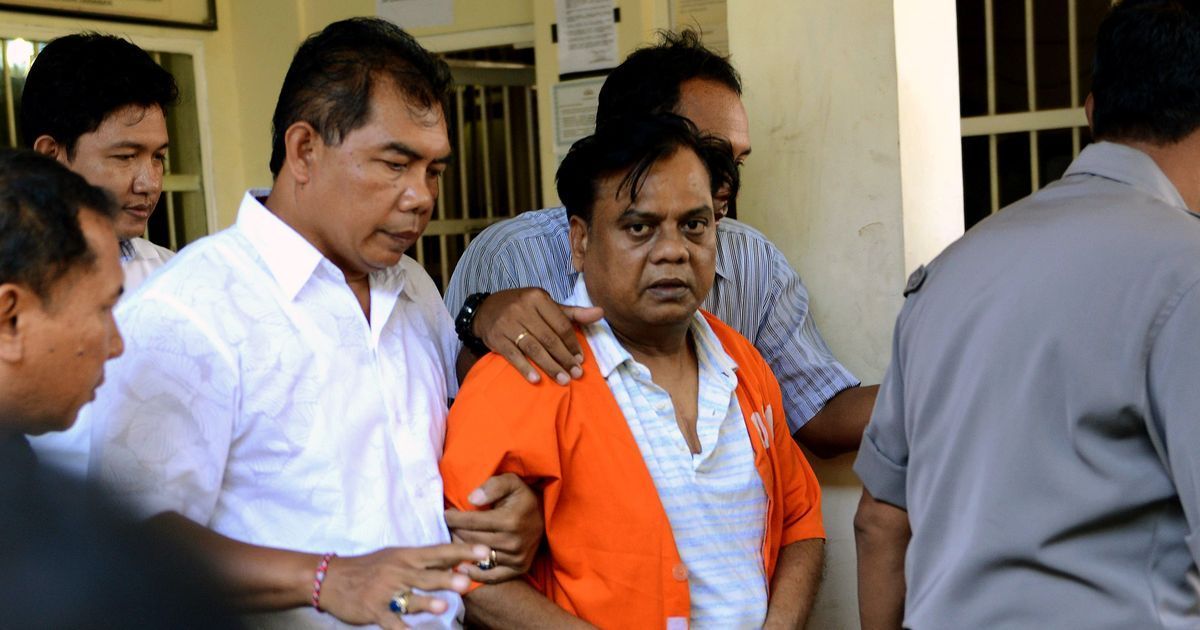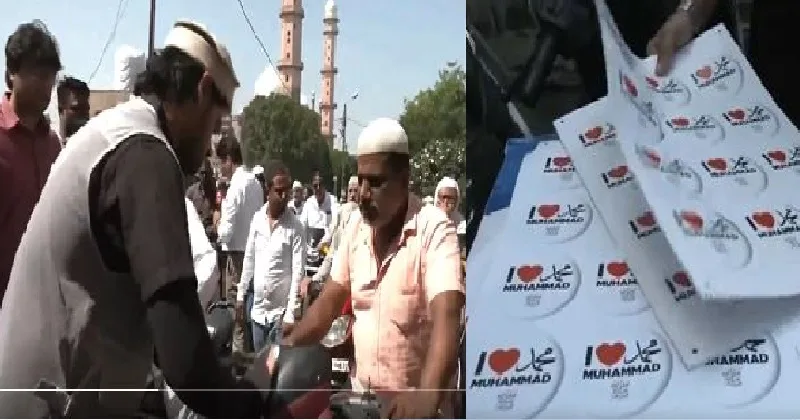Copyright scroll

Chhota Rajan alias Rajendra Sadashiv Nikalje, another underworld kingpin, had risen quickly from being a bootlegger and a muscleman providing cover for shady financial land deals to becoming a close aide of Dawood. Claiming to be upset over the serial bombings in Bombay, Rajan distanced himself from his mentor, calling him a traitor. Dawood had taken shelter in Pakistan, where he has been well looked after by his ISI masters, but the question in 1993 was, where exactly is Rajan? How was he so successful in using his henchmen to still wield influence in Bombay? Rajan had billed Dawood a traitor and was not going to let him go gently into the night. On November 13, 1995, Thakiyudeen Abdul Wahid, the managing director of East West Airlines, was on his way home in Bombay, when he was brutally shot dead. A close lieutenant of Rajan, it was later revealed, had pumped 30 bullets into Wahid. The managing director paid with his life because Rajan believed that Dawood had invested money in the airline. The answer to the question of where Rajan was operating from, came in the form of a phone call, a few months after Wahid’s killing. One morning, in early 1996, the India Today receptionist greeted me, like she always did, with a big smile and a message that left me frozen on my feet. “Some Chhota Rajan had called. He wants to talk,” she said. Chhota Rajan had called? The information was not easy to soak in. “He wants to talk?” “Where was he calling from?” “Has he left a number?” The familiar rush of adrenaline was slowly creeping in, even as I asked myself why the underworld kingpin would want to reach out to the media. I took the piece of paper on which the number had been neatly written down and went to the library to do some research. Every morning, the library staff would cut stories, culled out of newspapers, and punch them into boxed files, marked subject-wise. Going through the files was the only way to do research. There were still no Google engines weaving instant magic. Slowly, the penny dropped. Chhota Rajan was trying to make a determined bid for leadership of the Mumbai underworld. Wahid’s sensational murder had put the spotlight on him and the Mumbai police was squarely pointing a finger in his direction. Image is as important as muscle and Rajan was, perhaps, taking the interview route to make some explosive revelations. According to one of the clippings in the library file, an unidentified Dawood aide had queered the pitch by saying the killing could also be the handiwork of the D-Gang. Aroon Purie, the owner and editor-in-chief, was a brilliant boss. Travelling long distances was never a problem. He encouraged and taught us how to practise journalism at its best. He definitely taught me how to pursue a story. Credibility and integrity were the magazine’s second names, and he had no reservations in signing off on the interview with Chhota Rajan. “Hit left, hit right, hit centre. Be thorough,” he would often tell us in the newsroom. Babbar Sher is how we referred to him. The magazine had no competition in the ’90s and the world of news was ours to explore. Not a single story – in fact, not even the letters to the editor page – went to the printing press until Purie had read and cleared it. I called the number scribbled on the piece of paper the receptionist had given me. One of Rajan’s aides answered and helped me fix a date for the interview that would take place in Kuala Lumpur in 1996. I had one condition: The interview would have to be tape-recorded. I was not flying to Malaysia to speak to a fugitive to take pen-and-paper notes. The underworld dons were sniping at each other and the cat-and-mouse game between Dawood and Rajan had the Mumbai police on its toes. My trip to KL began with my baggage not showing up. Rajan’s aide was at the airport to receive me. My hotel had been booked and paid for by India Today, but before I could check in, I needed some toiletries and a fresh set of clothes. When would the interview take place? Do we have a time? I was full of questions and Rajan’s aide said, “Would you like to go to Genting. It has some good casinos…” I looked at him in complete disbelief, and then thought to myself, Maybe Rajan will show up at some casino. Genting is about an hour’s drive from KL and as we wound our way up, my heart was pounding. It was still pounding when we returned from the casino. I didn’t have my interview yet but I was richer by a few dollars, having tried my luck at a few gambling tables of the many casinos. Betting on the blackjack table and the slot machines paid dividends and the aide looked on, amused. I gambled with a close aide of an underworld don, I thought to myself as I switched off the lights in my hotel room that night. The wait was not too long. I got the first-ever, exhaustive interview with Rajan and he had a lot to say. In fact, he made several claims that got spooled into the recorder as he spoke. He linked Dawood to the Bombay blasts (which the police were already doing), but he gave details which only he could have known. Till the serial blasts shook Bombay, Dawood and Rajan had not formally split. They broke up only after the mayhem; in fact, because of the bloody, life-consuming mayhem. I remember the underworld kingpin as an amiable person, fluent in what is often referred to as “Bombaia Hindi”. His voice was deep but never threatening. I was not uncomfortable being around him briefly, when he showed up at a restaurant, or later, when we recorded larger sections of the interview through a device attached to the landline phone in my hotel room. Excerpted with permission from They Will Shoot You, Madam: My Life Through Conflict, Harinder Baweja, Roli Books.



